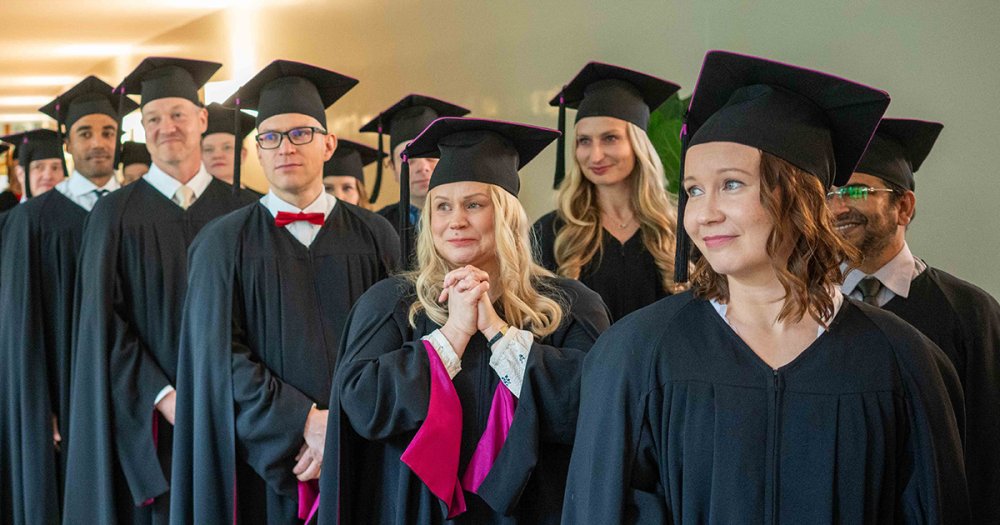Objectives and Key Results for Performance Management
Discover the power of the OKR framework in our course, designed to revolutionize performance management and strategic alignment.
The Objectives and Key Results for Performance Management online course equips you with the skills to set, track, and achieve measurable objectives, ensuring operational excellence. Dive into the practical applications of OKRs, and learn to integrate continuous improvement and employee engagement through Conversations, Feedback, and Recognition (CFRs). Transform your approach to performance evaluation with a dynamic and engaging OKR system, aligning individual efforts with organizational goals for success in the modern business world.
Learning Objectives
- Explain the evolution and significance of OKRs in modern performance management and compare them to traditional tools like the Balanced Scorecard.
- Create and categorize clear, specific, and measurable OKRs, distinguishing between committed, aspirational, and learning objectives.
- Implement OKRs within an organization, establishing effective tracking systems and ensuring regular updates and alignment with strategic goals.
- Apply concepts of explicit and directional alignment to ensure cohesive contribution of OKRs at all organizational levels.
- Integrate continuous conversations, structured feedback, and meaningful recognition within the OKR framework to enhance performance management and employee engagement.
Benefits
For
The course is ideal for early career professionals, as well as advanced professionals.
- Early career professionals beginning to take on roles that involve setting and tracking performance goals. This group may include junior managers, team leaders, and coordinators who must understand how to align their team's efforts with organizational objectives.
- Advanced professionals, including mid-to-senior level managers and executives, will benefit from this course by deepening their understanding of OKRs and advanced performance management techniques. These individuals are likely responsible for implementing performance management systems, aligning departmental goals with organizational strategy, and fostering a culture of continuous improvement.
Contents and Schedule
This comprehensive course is meticulously crafted to deepen your grasp ofperformance managementby effectively utilizing Objectives and Key Results (OKRs) and integrating Conversations, Feedback, and Recognition (CFRs). Tailored to facilitate a smooth transition from conventional performance evaluation methods to a vibrant and interactive OKR system, this course significantly boosts alignment between individual efforts and overarching organizational strategic goals.
Delve into the theoretical underpinnings and hands-on applications of OKRs, acquiring the expertise to devise, execute, and oversee OKRs that resonate with your unique organizational context. Emphasizingcontinuous improvement,strategic alignment, and the human elements of performance management, the course equips participants to cultivate a culture of transparency, accountability, and engagement within their teams.
The course is divided into 5 modules, each focusing on a specific topic. You can complete the course flexibly at your own pace.
Modules:
- Objective and Key Results - Getting started
- Module 1: Performance Management and OKRs
- Module 2: Deriving Effective OKRs
- Module 3: OKR Implementation
- Module 4: Controlling OKRs
- Module 5: OKRs and Conversations, Feedback and Recognition (CFRs)
- Course Summary - Wrapping up
Instructors

Teemu Malmi
Teemu Malmi is a Professor of Accounting and Head of the Department of Accounting at Aalto University School of Business.
Professor Malmi specializes in management systems, strategy implementation, and cost and profitability accounting. He teaches frequently in a variety of Executive Programs and has served as an advisor to a large number of companies from various different industries: IT, electronics, energy, finance, food, health care, media, metal and engineering, paper and pulp, pharmaceuticals, rental services, retail, telecom and transportation/logistics and the public sector.
Teemu Malmi holds a Ph.D. in Accounting and Finance from The Helsinki School of Economics, which was merged into Aalto University in 2010.

David Derichs
David Derichs, PhD, is Senior University Lecturer in the Department of Accounting at Aalto University, where he also serves as Head of the BSc Program in Accounting. His research focuses on performance measurement and management, the digitalization of management control, and learning in organizations.
In addition to his academic role, Derichs has professional experience in commercial due diligence execution and corporate restructuring, combining research expertise with practical insights into organizational performance and investment evaluation.
















